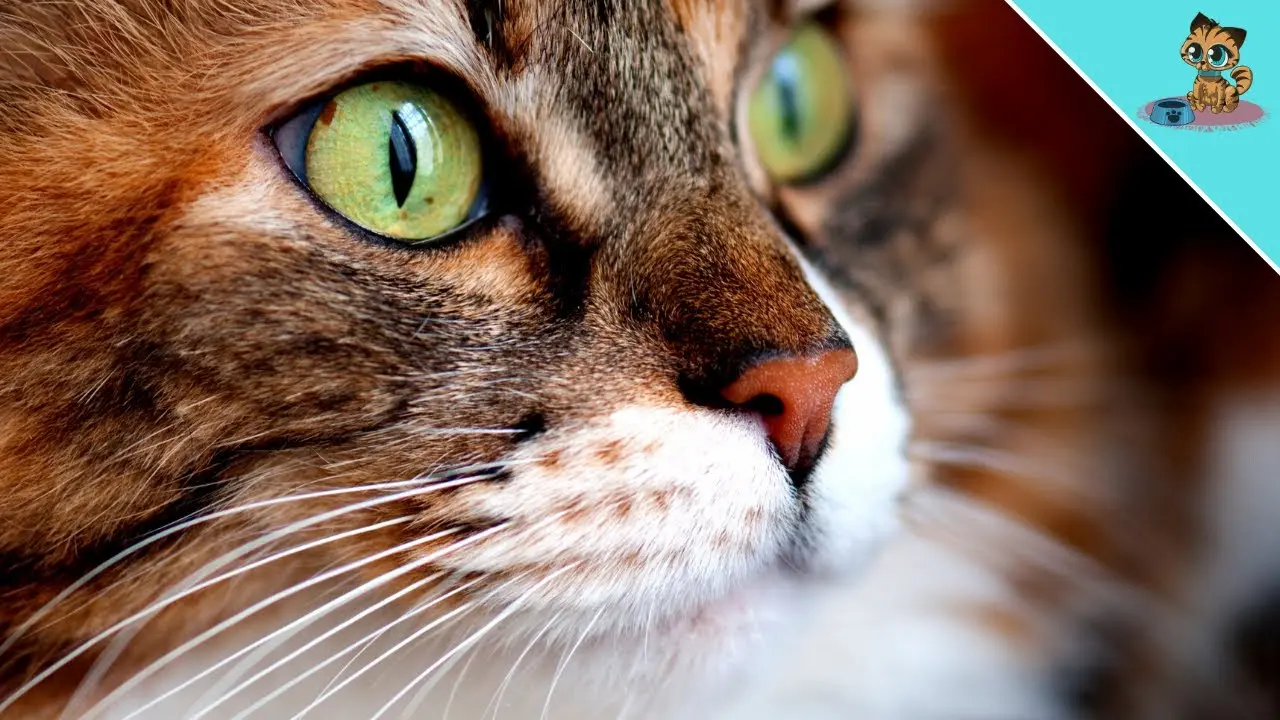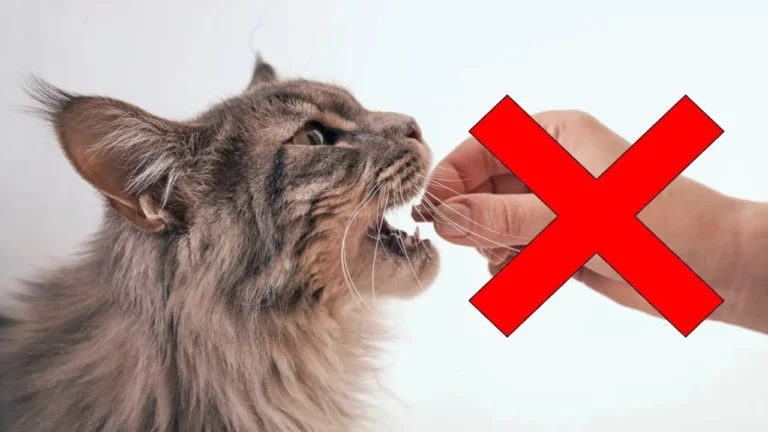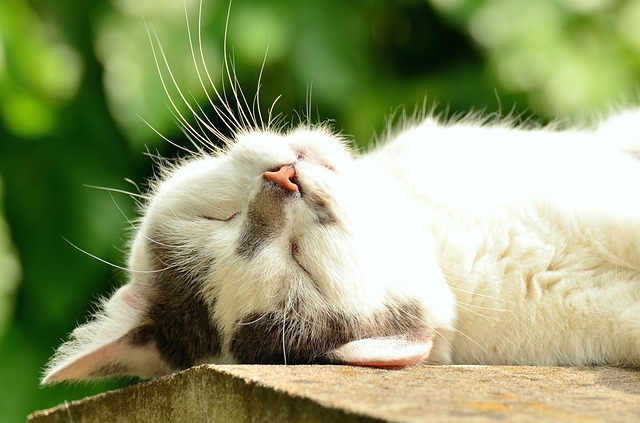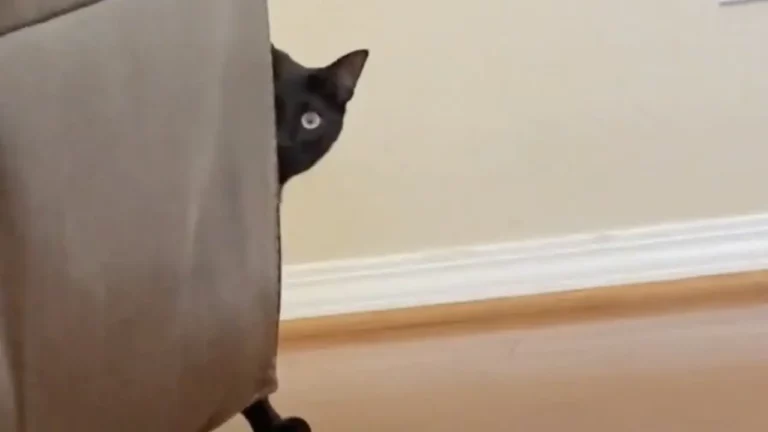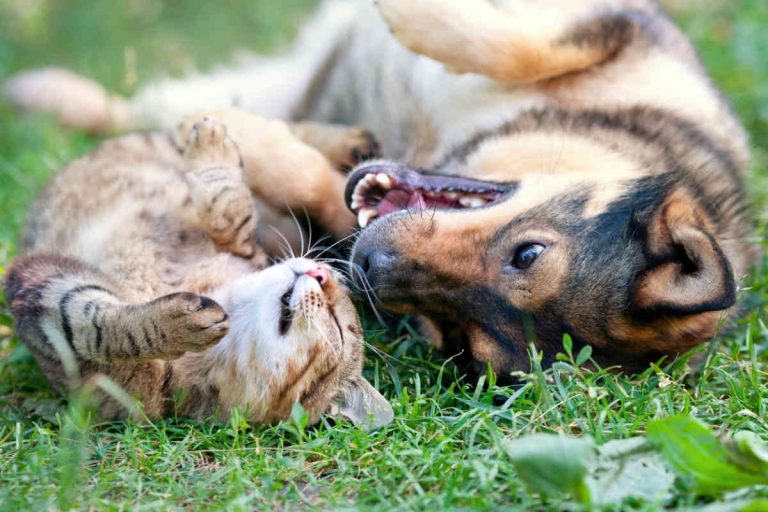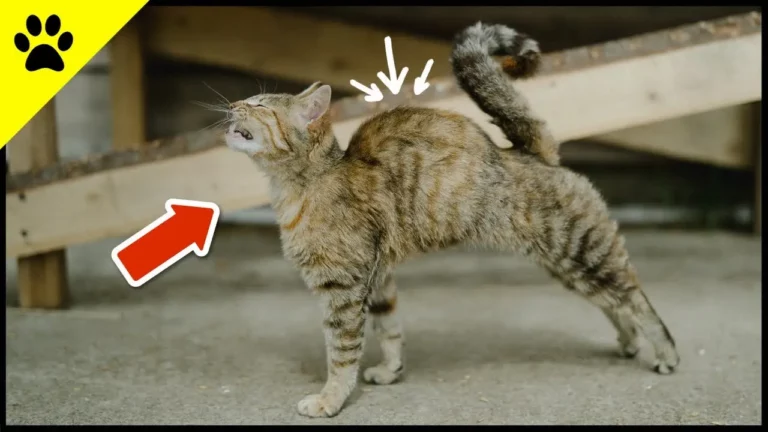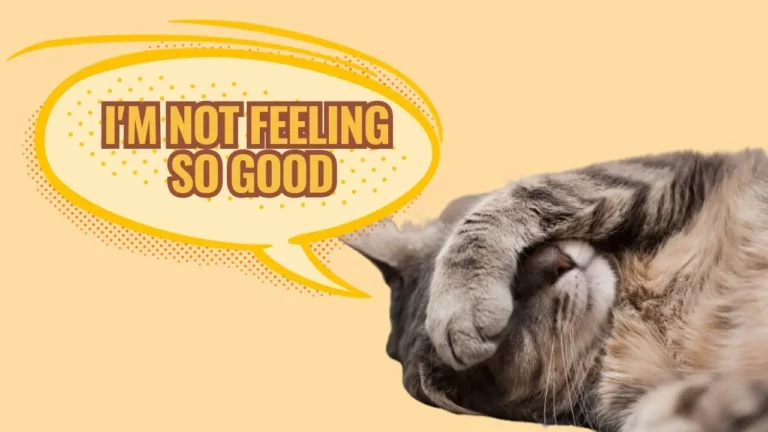Do Cats Know What Time It Is? Here's The Real Truth!
You might wonder if your
While they don’t grasp time like we do, cats have an incredible ability to pick up on routines and environmental cues.
Influenced by their circadian rhythms and natural hunting instincts, they can anticipate daily events with surprising accuracy.
But what exactly drives this behavior, and how much do they really understand about the passing hours?
The answer lies in a fascinating mix of biology and learned patterns that you’ll find intriguing.
Cat Circadian Rhythms
Cats, like humans, have circadian rhythms that regulate their sleep-wake cycles.
These rhythms are basically internal clocks that help your
They’re influenced by natural light and darkness, so a
In the wild, cats are crepuscular, meaning they’re most active during dawn and dusk. This behavior is a survival mechanism, allowing them to hunt when their prey is most active and visibility is low.
Indoor cats still retain these natural rhythms, even though their environment is more controlled.
You might notice your
These patterns are guided by their circadian rhythms, ensuring they get the right balance of activity and rest.
It’s important to understand these rhythms so you can better interpret your
For instance, ensuring your
Paying attention to these natural cycles can enrich your
Role of Feeding Schedules
Feeding schedules play an essential role in regulating your
By establishing consistent meal times, you’re helping your
Cats, like many animals, thrive on routine, and regular feeding times can greatly impact their internal clocks. When your
Moreover, sticking to a feeding schedule can also help with your
Predictable meal times prevent overeating, as your
Additionally, scheduled feeding can make it easier to monitor your
Incorporating feeding schedules into your
This regularity not only makes them feel comfortable but also reinforces the bond between you and your pet. By committing to consistent feeding times, you’re setting the stage for a happier, healthier
Influence of Human Behavior
Your
As creatures of habit, cats are keen observers and quickly pick up on your schedule.
When you wake up, prepare meals, or start winding down in the evening, your
For instance, if you always feed your
Similarly, if you play with your
These consistent patterns help your
Moreover, your emotional states and energy levels throughout the day also provide cues. When you’re active and bustling in the morning, your
Conversely, your relaxed demeanor in the evening signals to your
Environmental Cues and Timing
In addition to human behavior, environmental cues like daylight patterns and household noises play a significant role in how your
Cats are highly attuned to changes in their environment, and these cues help them establish routines and anticipate daily events.
For instance, the shift from daylight to darkness signals to your furry friend that nighttime, a more active period for many four-legged companions, is approaching.
Similarly, morning light might trigger their internal clock to start the day, aligning with your own wake-up routine.
Household noises also serve as time indicators for your whiskered buddy.
The sound of your alarm clock, the hum of the coffee maker, or the jingling of keys can all signify specific times of the day.
Over time, your pet learns to associate these sounds with certain activities, like feeding or playtime, leading them to predict when these events will occur.
Moreover, regular activities around the house, such as your evening wind-down routine or weekend chores, contribute to their sense of time.
Scientific Studies on Feline Time Perception
While environmental cues play a significant role, scientific studies have also explored how cats perceive time more intricately.
Researchers have found that cats possess an internal clock, or circadian rhythm, which helps them gauge the passage of time. This internal clock is influenced by light and darkness, much like in humans.
For instance, studies show that cats tend to be more active during dawn and dusk, aligning with their natural hunting instincts.
Moreover, experiments have revealed cats can anticipate regular events, such as feeding times, by learning patterns and routines.
In controlled lab settings, cats have been trained to perform tasks at specific intervals, demonstrating their ability to measure short time spans.
These experiments suggest that cats aren’t just relying on external cues but have a sense of elapsed time.
Additionally, some studies indicate that cats may use their acute sense of hearing to track time. The subtle changes in household sounds throughout the day can signal different activities, helping them form a sense of routine.
Conclusion
Understanding your
They mightn’t grasp time as humans do, but they anticipate events through learned patterns and routines. By recognizing these behaviors, you can better meet their needs and enhance their well-being.
So, pay attention to their natural rhythms and adjust accordingly to keep your kitty companion happy and healthy.
